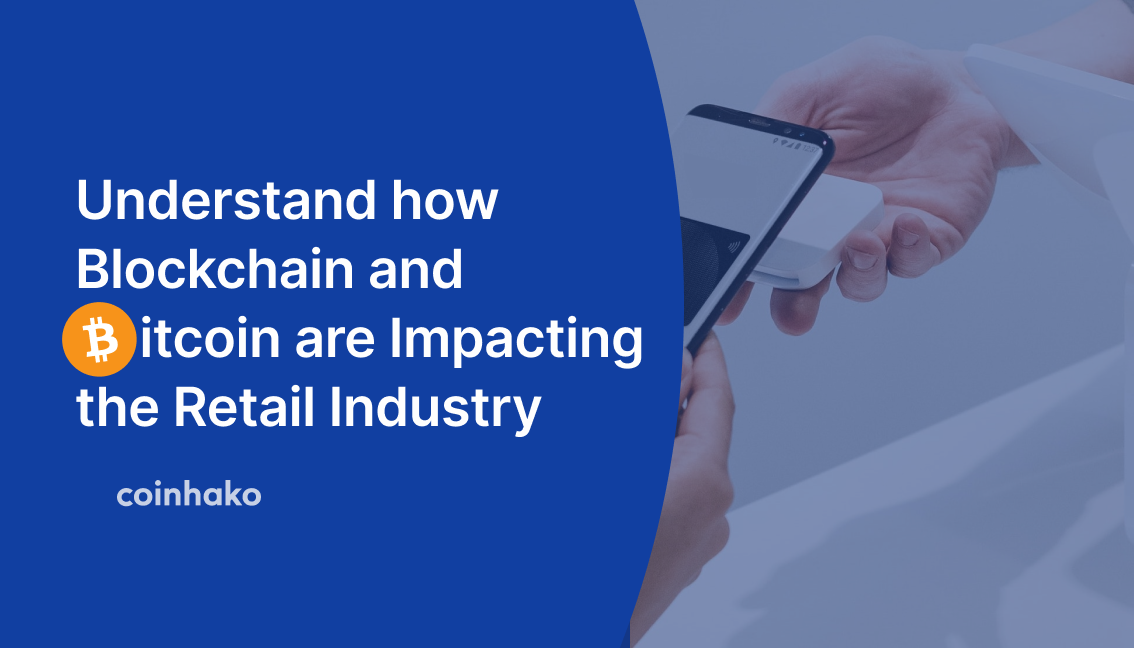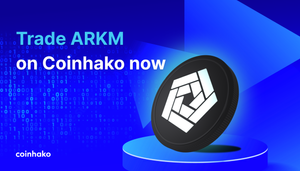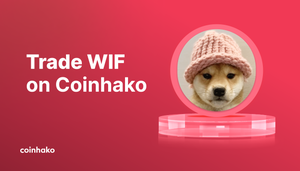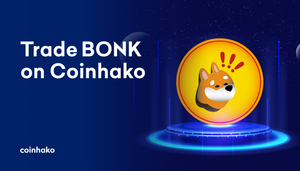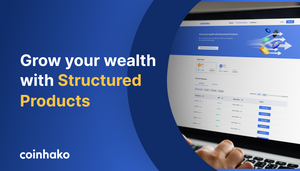11.11, also known as Singles Day, originated all the way back in 1993 at Nanjing University as a way for students to celebrate - or poke fun at- their singlehood. Alibaba and their founder, Jack Ma, later transformed 11.11 into Singles Day in 2009 — which has since been crowned as one of the largest events in the retail industry.
Singles’ Day has since garnered phenomenal traction and rolled in billions of dollars in the process. The retail festival’s exponential year-on-year gains serves as testament to the campaign’s success, and have even influenced international brands to launch their own 11.11 promotions.
Just last year, Alibaba chalked up an impressive Gross-Merchandise Value (GMV) of $38.4 billion USD — that’s an increase of 26%!
How can blockchain and bitcoin improve your shopping experience?
Greater Transparency for Supply Chains
Ever wondered why your shopping was taking so long to reach you? You might have wondered where your parcel was, how long more it would take, or if there were any delays or mishaps in the shipping and handling process.
Consumers may not always have access to the supply chain journey, and here’s where blockchain technology can step in to help.
This is all thanks to the immutable nature of blockchains, which means that records broadcasted on the blockchain cannot be tampered with.
Through blockchains, retails can securely monitor the product life cycle of retail goods, creating a transparent supply chain system. This can be done through the issuance of purchase orders, receive notes, sharing of logistics information and more.
🤷♂️Single and Ready To Mingle? 👉 Mingle with us on Telegram to WIN ETH and exclusive rewards this from reading this article.🎉 (Giveaway Ended)
Preventing Counterfeit Production and Fraud
Nobody likes to be scammed. Yet, with advanced technologies like 3D printing, manufacturers are able to replicate designer goods at lightning speed, sometimes mere weeks after a product launch.
These days, counterfeit products are made so well that you might even need an expert to tell Grade A replicas and the real thing apart!
No need to wait for superman, because the transparent nature of blockchains can save the day!
Currently, fragmented data and sourcing arrangements make it challenging to verify the authenticity of goods. The combination of blockchain technology and Internet of Things (IoT) may enable companies to build a shared, distributed ledger which can then document the origin, location, ownership of materials and products and each stage of production.
This mitigates counterfeit production and keeps manufacturers and partners accountable, and customers satisfied because they know they have received an authentic item.
How might this work?
Manufacturers and suppliers can use something known as “smart tags” so as to verify each item. They can assign these tags to products and enter them onto the blockchain, and track every item or batch of items at each stage. The blockchain will conduct a scan if a smart tag is duplicated, and register the duplicated tag as a fake.
Protect Brands and Consumers
At the end of the day, blockchain technology can help to ensure greater transparency and help keep up better hygiene in supply chain tracking, which is a win-win for brands and consumers alike.
Pay and Save Options with Bitcoin
Yes, you heard that right! An increasing number of retailers - especially on ecommerce- platforms are accepting bitcoin and other cryptocurrencies as payment.
Recent announcements by the likes of Paypal to accept bitcoin across some 26 million sellers in 2021 widens the adoption of crypto as a form of payment.
In the United States, tech companies like Microsoft and telcos like AT&T accept bitcoin payment as well.
What are the benefits of this?
You end up paying LESS!
When you pay for purchases with a credit card, you may incur processing fees or foreign transaction fees if you are paying with a different currency.
Paying with bitcoin or crypto removes intermediaries like banks, and generally incur much lower transaction fees - so these savings are passed on to you.
Will you be paying for any of your 11.11 buys with bitcoin?
Tell us and find out what other Coinhako users think on our Telegram Channel!
Don’t spend 11.11 all BUY-yourself! JOIN US on Telegram to WIN ETH and exclusive rewards from reading this article. (Giveaway Ended)
Watch this space for the latest updates!
📩 Sign-up to Subscribe to our mailing list to have them delivered straight to your inbox!
👉Join our Telegram community
🤔If you have any enquiries, you may contact us here or you can visit our Information Page.
Coinhako is available in these countries!
🚀 Buy Bitcoin at Coinhako Singapore
🚀 Mua Bitcoin Coinhako Vietnam
Copyright © Coinhako 2020 All Rights Reserved. Read more on our terms of use of this blog.
All opinions expressed here by Coinhako.com are intended for educational purposes, taken from the research and experiences of the writers of the platform, and should not be taken as investment or financial advice.
